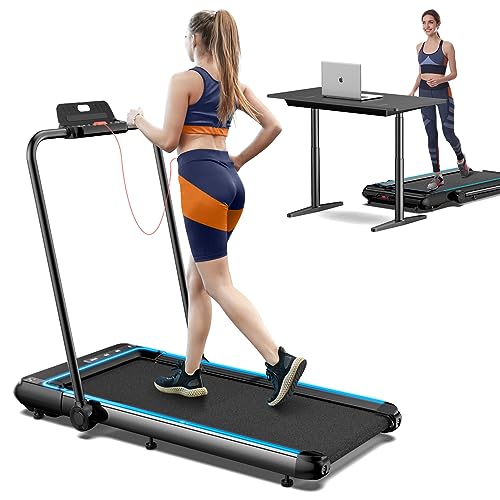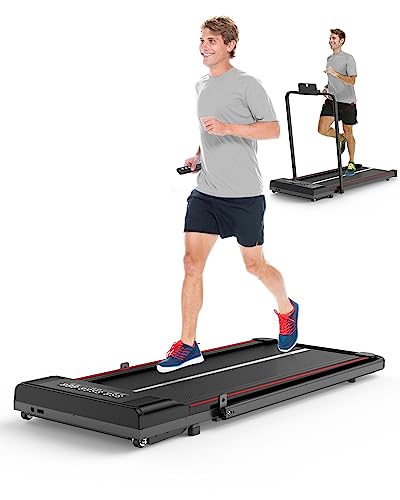How To Create Successful Treadmill UK How-Tos And Tutorials To Create …
페이지 정보
작성자 Christel 작성일 25-08-22 16:13 조회 3 댓글 0본문
Understanding Treadmills: Types, Benefits, and Considerations
Treadmills have actually become an integral part of fitness culture, offering a hassle-free service for people seeking to improve their cardiovascular fitness without the requirement for outside spaces or weather condition considerations. With an array of features and designs readily available, prospective purchasers should be well-informed to make the best choice. This article aims to offer a comprehensive introduction of treadmills, consisting of the various types, advantages, and elements to consider when acquiring one.

The Different Types of Treadmills
1. Manual Treadmills
Manual treadmills are powered by the user rather than an electric motor. They require no electrical power and usually include a simple style with fewer moving parts.
Benefits of Manual Treadmills:
- Cost-effective
- Portable and light-weight
- No reliance on electrical energy
Disadvantages:
- Limited functions
- Usually lack slope alternatives
2. Motorized Treadmills
Motorized treadmills are the most common type, powered by an electric motor. They generally provide different functions such as programmable workout regimens, adjustable slopes, and greater weight capacities.
Benefits of Motorized Treadmills:
- Smooth operation and consistent traction
- Flexible with advanced functions for varied exercises
- Options for slope and decrease settings
Disadvantages:
- Higher expense compared to manual treadmills
- Require electrical energy and may increase electric costs
3. Folding Treadmills
Folding treadmills are created for simple storage, making them ideal for those with restricted space.
Benefits of Folding Treadmills:
- Space-saving design
- Easy to transfer and keep
- Appropriate for home use where area is at a premium
Drawbacks:
- Typically may have a smaller running surface
- Weight limitation may be lower than non-folding designs
4. Commercial Treadmills
These treadmills are constructed for sturdiness and efficiency, normally discovered in fitness centers and gym. They are designed for high use rates and come with sophisticated functions.
Benefits of Commercial Treadmills:
- Extremely resilient and frequently supported by guarantees
- Full series of features, including innovative training programs
- Ideal for sturdy exercises
Downsides:
- Higher price point
- May be too large or heavy for home use
| Type of Treadmill | Power Source | Typical Features | Suitable For |
|---|---|---|---|
| Handbook Treadmill | None | Basic workout metrics | Minimalist users |
| Motorized Treadmill | Electric | Programmable exercises, incline options | General physical fitness enthusiasts |
| Folding Treadmill | Electric | Space-saving style | Home users with limited area |
| Commercial Treadmill | Electric | Advanced training programs | Gym centers |
Advantages of Using a Treadmill
Treadmills provide various advantages for people looking to improve their fitness levels or preserve an athletic routine.
1. Convenience
Owning a treadmill enables users to work out at their own schedule, removing dependence on weather. It provides flexibility, as exercises can occur day or night.
2. Adjustable Workouts
Many contemporary treadmills feature customizable programs to accommodate beginners and experienced professional athletes. Users can change speed, incline, and exercise duration to take full advantage of the effectiveness of their sessions.
3. Tracking Progress
A lot of treadmills come geared up with digital screens that record important stats such as range, speed, calories burned, and heart rate. Monitoring this data assists users track their physical fitness progress gradually.
4. Lowered Impact
Treadmills often supply a cushioned surface that can reduce joint impact compared to running on difficult outside surface areas, making them an ideal choice for individuals with joint concerns or those recovering from injuries.
5. Range of Workouts
Users can take part in various exercises on a treadmill, from walking and jogging to interval training and speed work. Some machines even use integrated courses that simulate outdoor terrains.
Factors to consider When Buying a Treadmill
When acquiring a treadmill, individuals need to think about numerous factors to guarantee they make an informed decision.
1. Space Requirements
- Procedure Available Space: Before choosing a design, measure where the treadmill will be positioned to ensure it fits comfortably.
- Think About Folding Options: If space is a problem, consider investing in a folding treadmill for practical storage.
2. User Weight and Height
- Inspect the weight capacity of the Treadmill small to accommodate its designated users.
- Ensure that the belt length is suitable for users' strides, particularly for taller individuals.
3. Features and Technology
- Examine whether sophisticated functions like heart rate monitors, Bluetooth connectivity, and built-in training programs are essential for the desired user.
- Examine user-friendly interfaces and product evaluations on display screen quality.
4. Service Warranty and Customer Support
- Review service warranty options to understand what is covered and for for how long. Some designs may provide extended service warranties or assurances for parts.
- Evaluate the brand's credibility for client assistance in case of malfunctions or concerns.
5. Price Range
- Consider your budget but remember that less expensive models might lack functions, toughness, or warranty assistance.
- Check out funding choices if investing in a higher-end model.
Frequently asked questions About Treadmills
1. What is the average life expectancy of a treadmill?
Normally, a top quality treadmill can last between 7 to 12 years, depending upon usage, upkeep, and develop quality.
2. What is the best treadmill brand name?
Popular brands include NordicTrack, Sole Fitness, Precor, and LifeSpan, each understood for their quality and customer satisfaction.
3. Can I use a treadmill for walking?
Yes, treadmills are perfect for walking, running, or running, making them flexible for users of all fitness levels.
4. How typically should I service my treadmill?
Routine upkeep is generally advised every six months to make sure optimal efficiency and longevity.
5. Is it alright to work on a treadmill every day?
While running on a treadmill daily is acceptable for some, it's smart to include day of rest or alternate exercises to avoid potential overuse injuries.
In conclusion, treadmills remain a popular choice for physical fitness enthusiasts looking for flexibility and customizability in their exercise routines. By understanding the various types offered, their benefits, and key aspects to consider during purchase, users can make an educated choice that aligns with their physical fitness objectives and lifestyles.

- 이전글 What Is The Reason Bifold Door Handle Replacement Is The Right Choice For You?
- 다음글 In the Age of data, Specializing in Highstakesweeps
댓글목록 0
등록된 댓글이 없습니다.